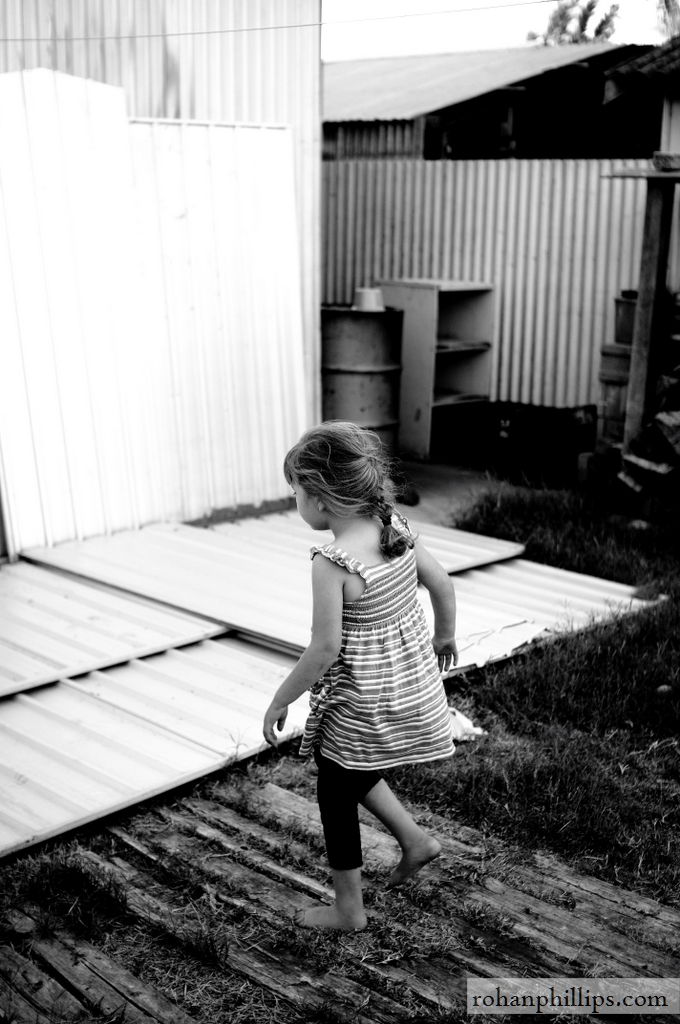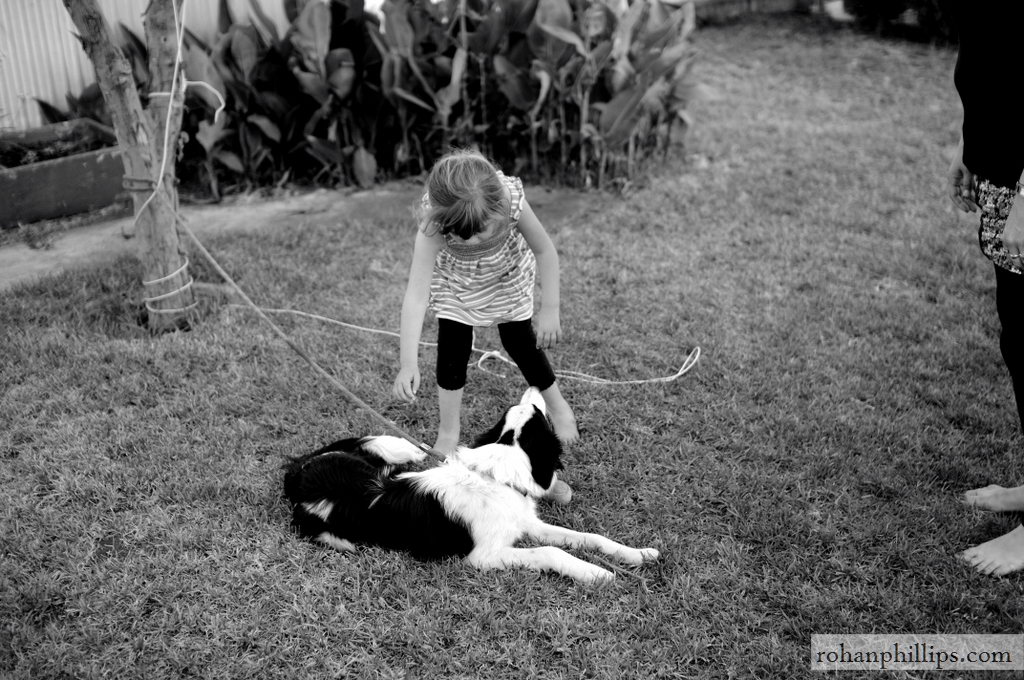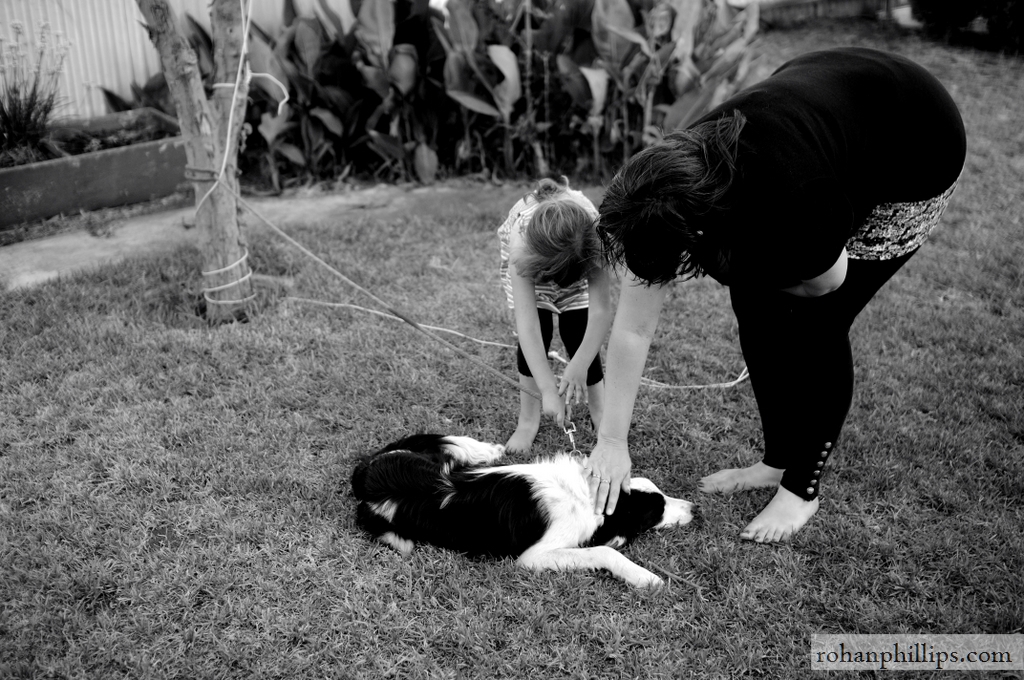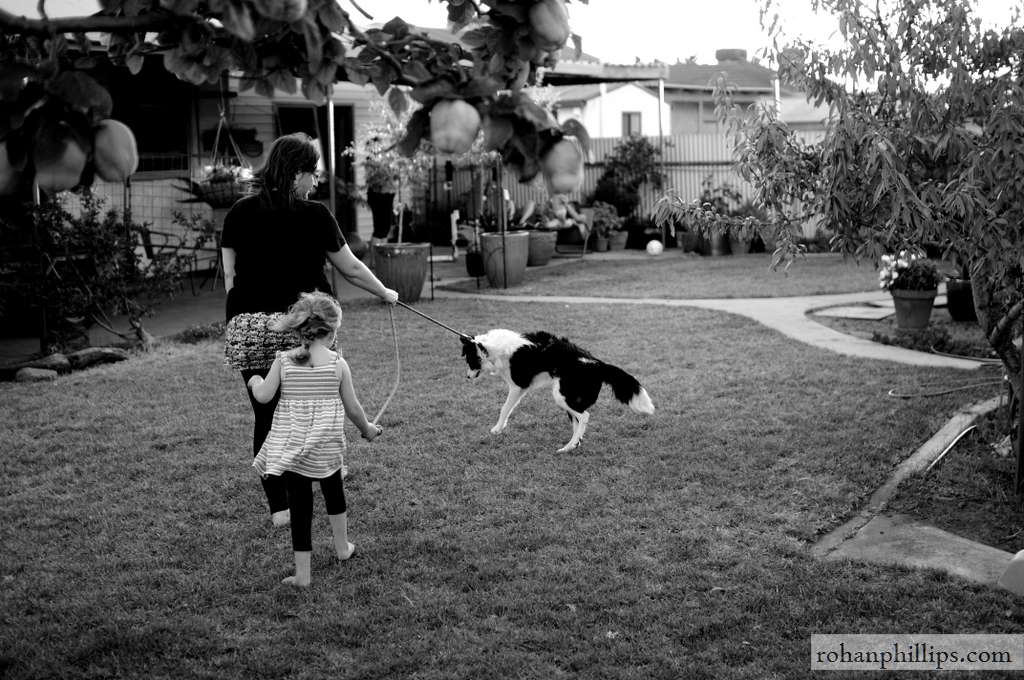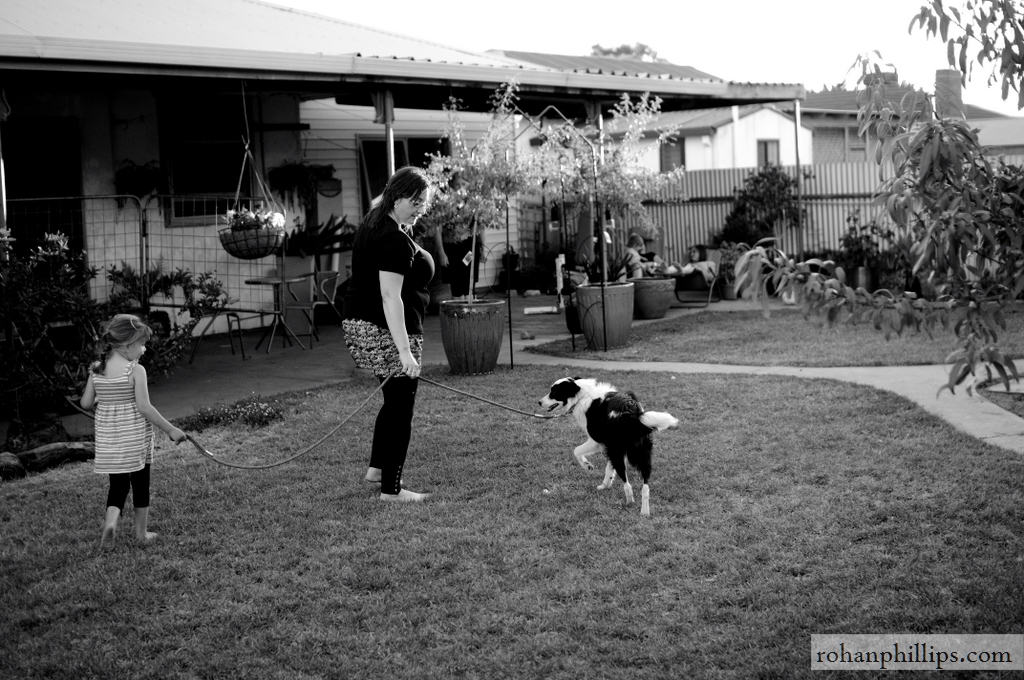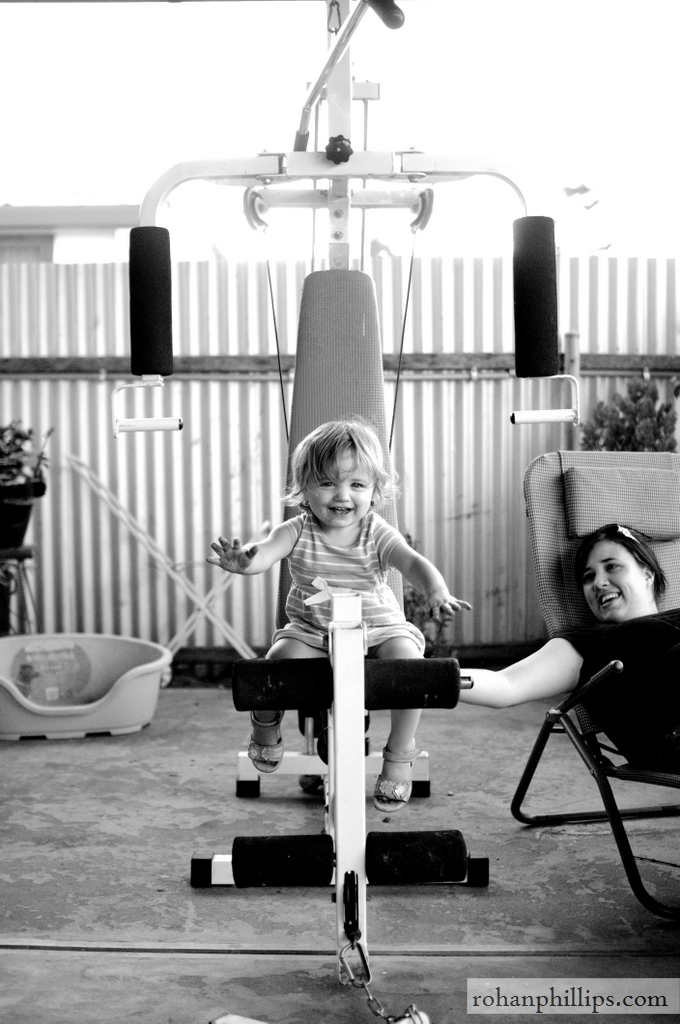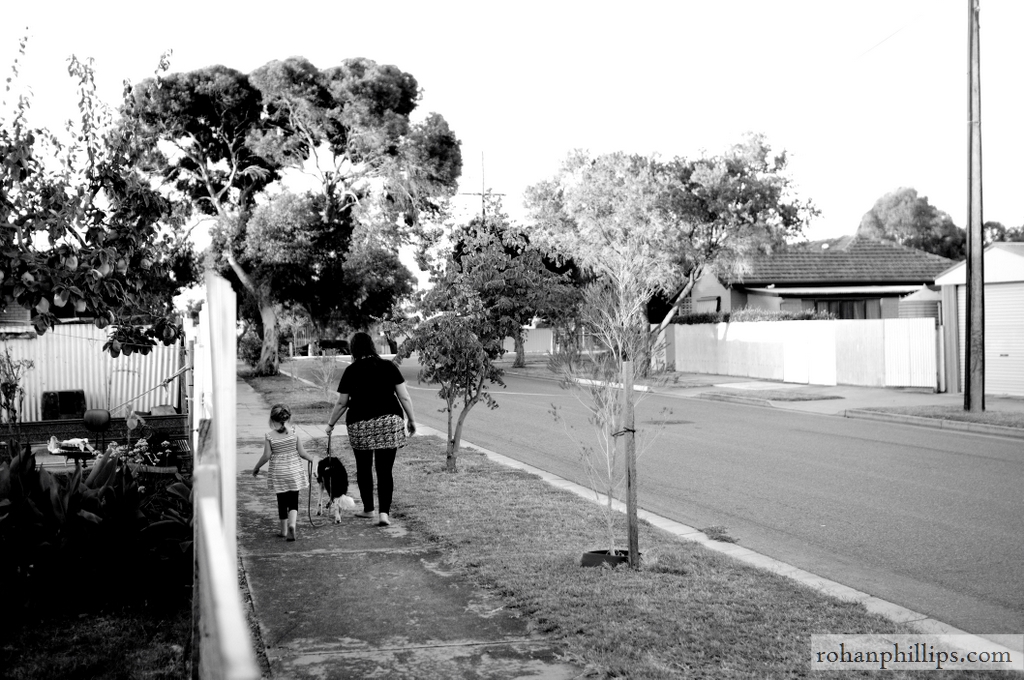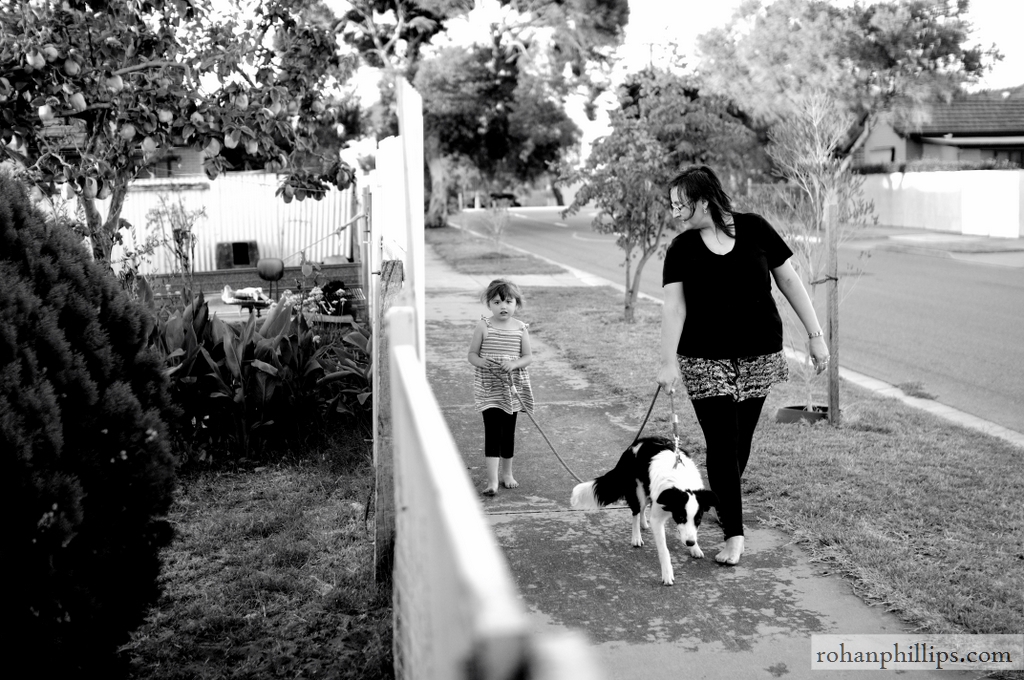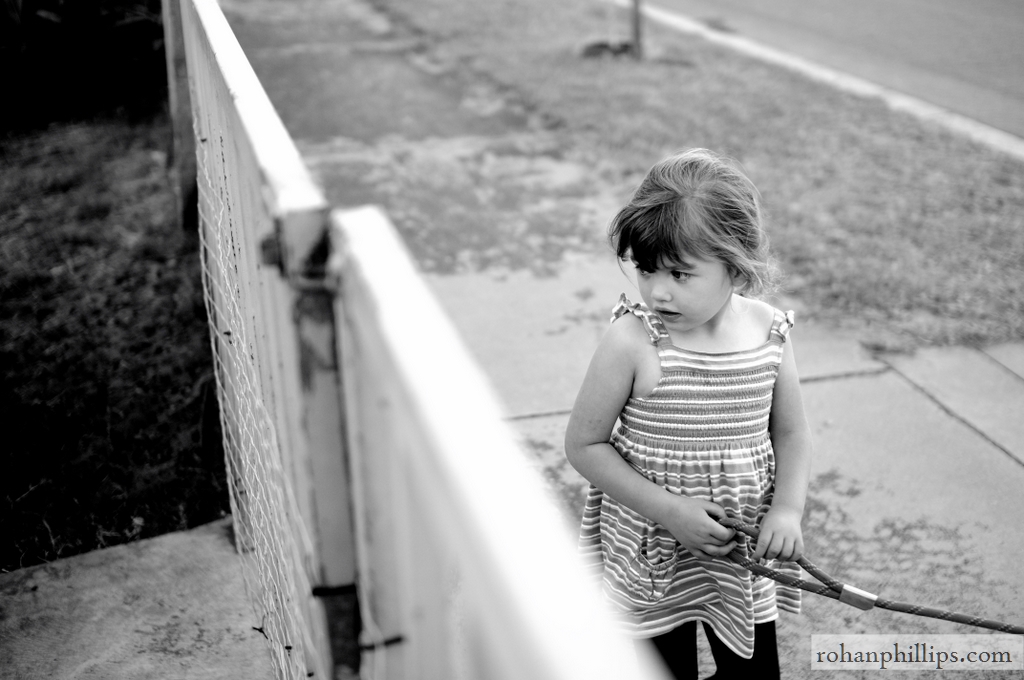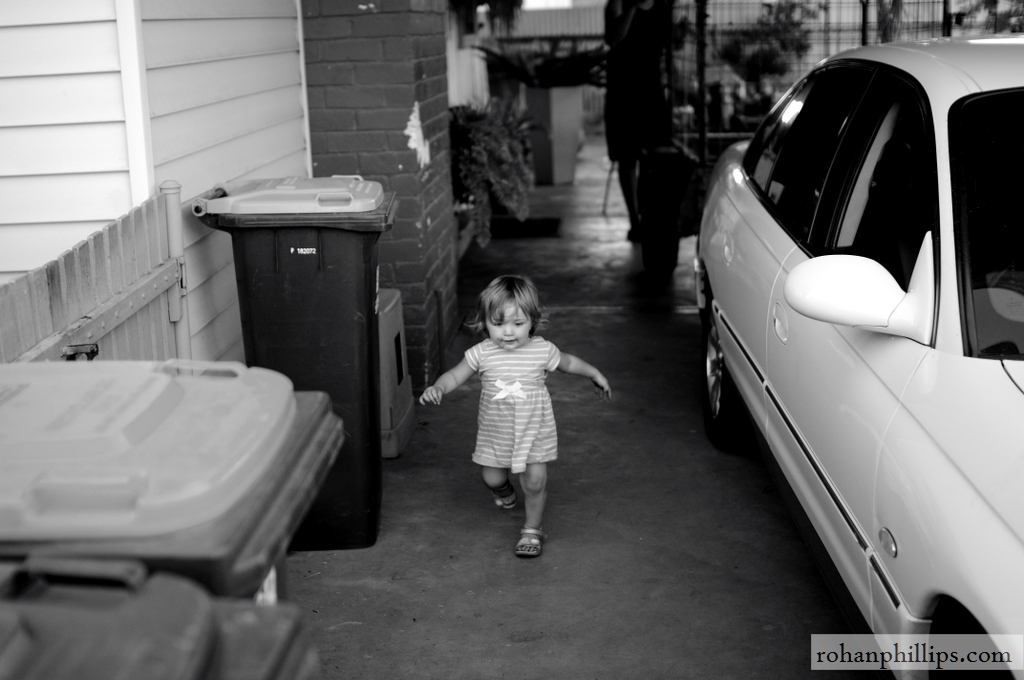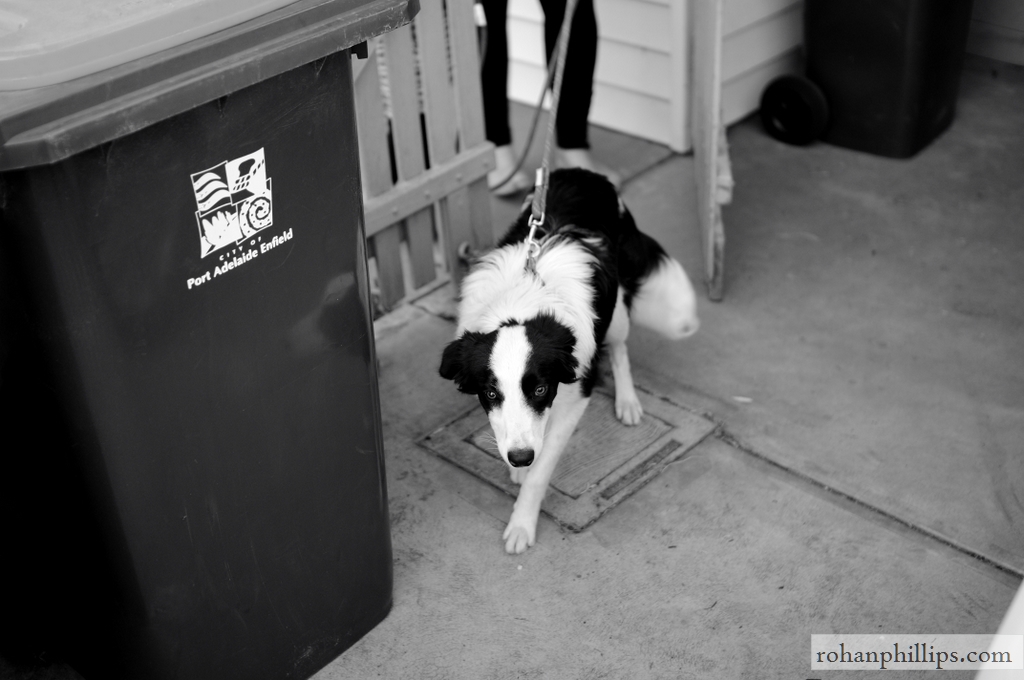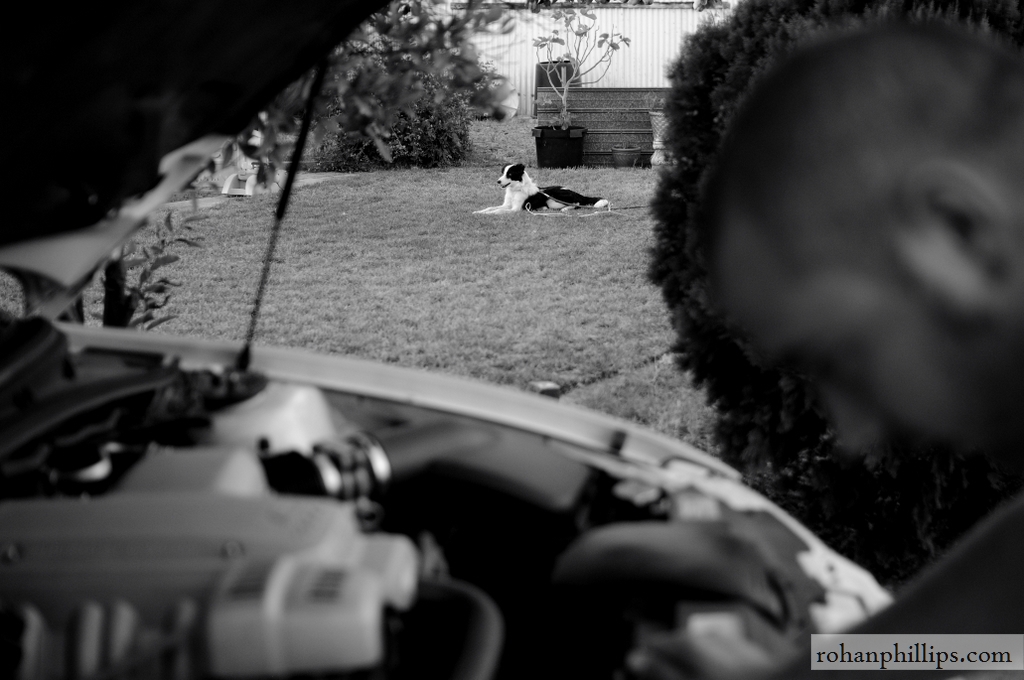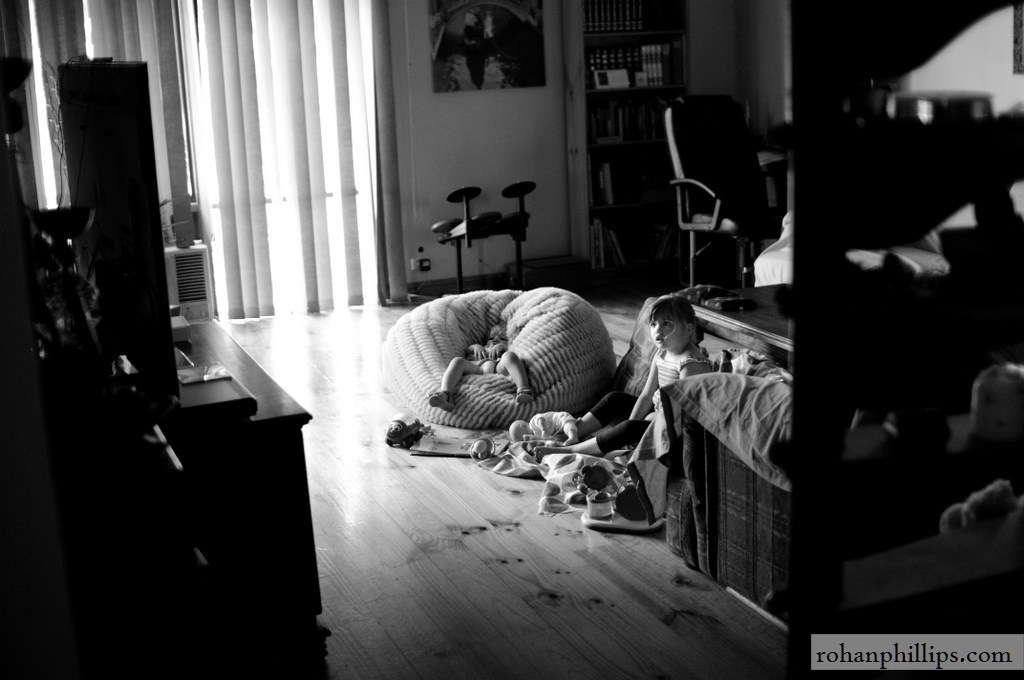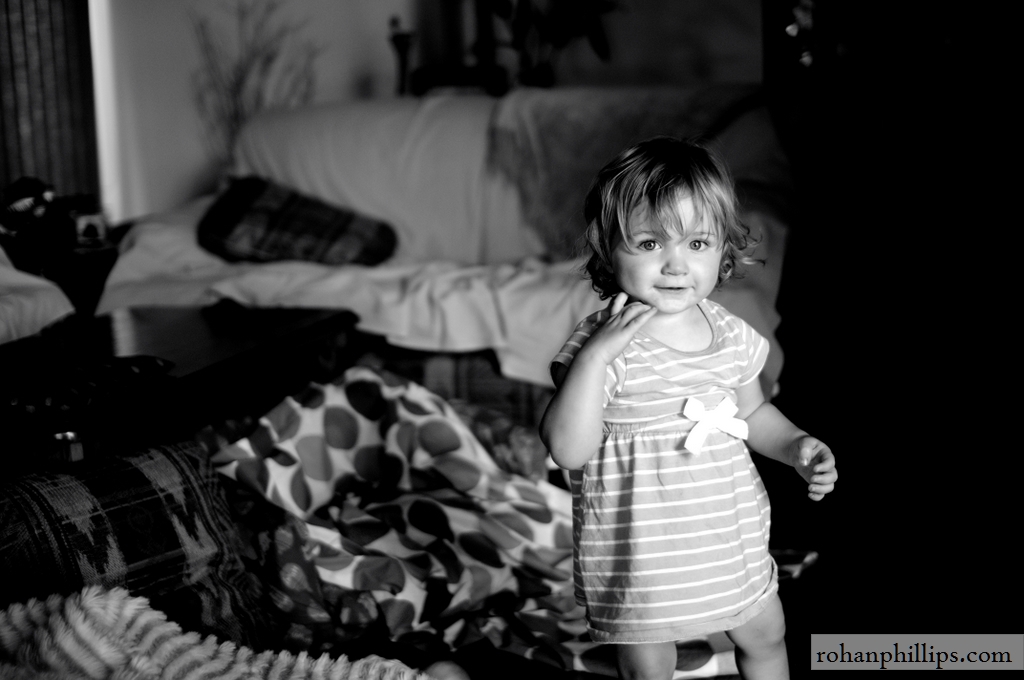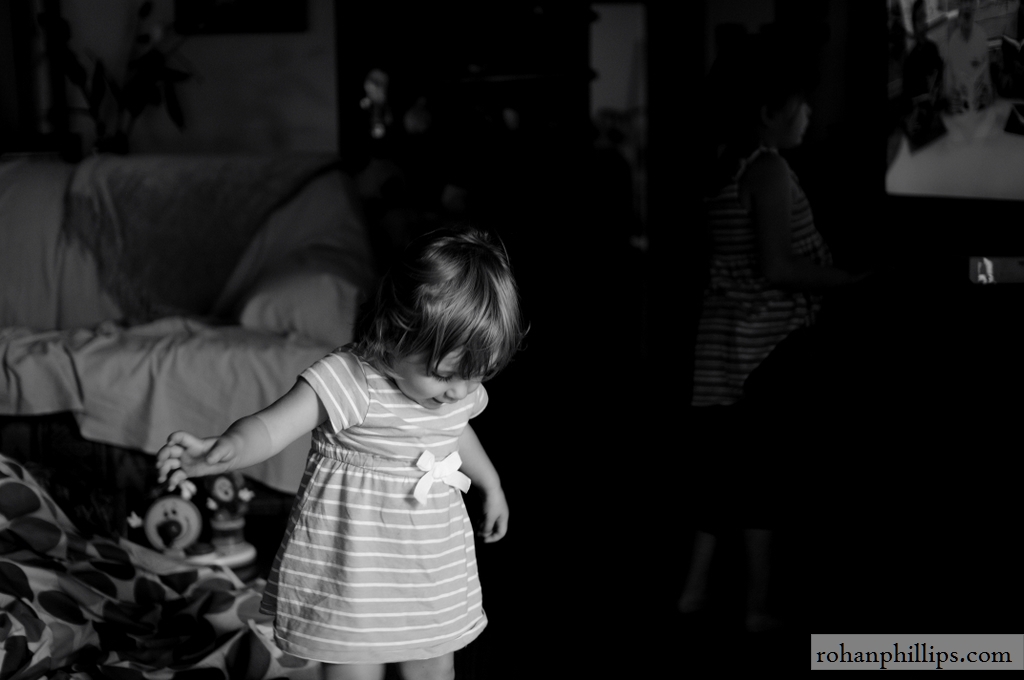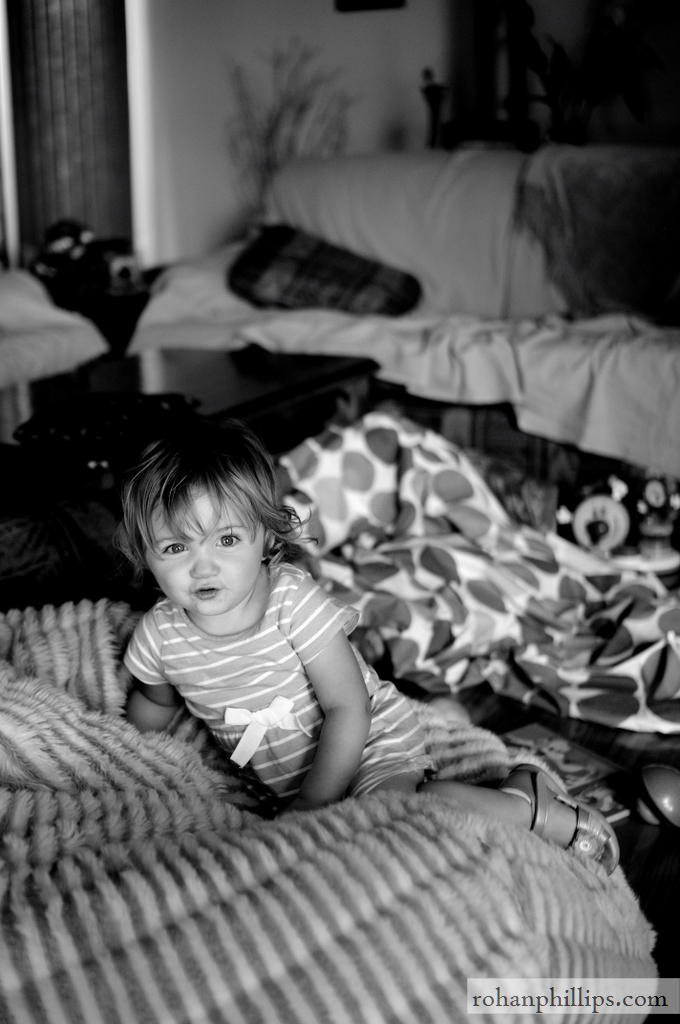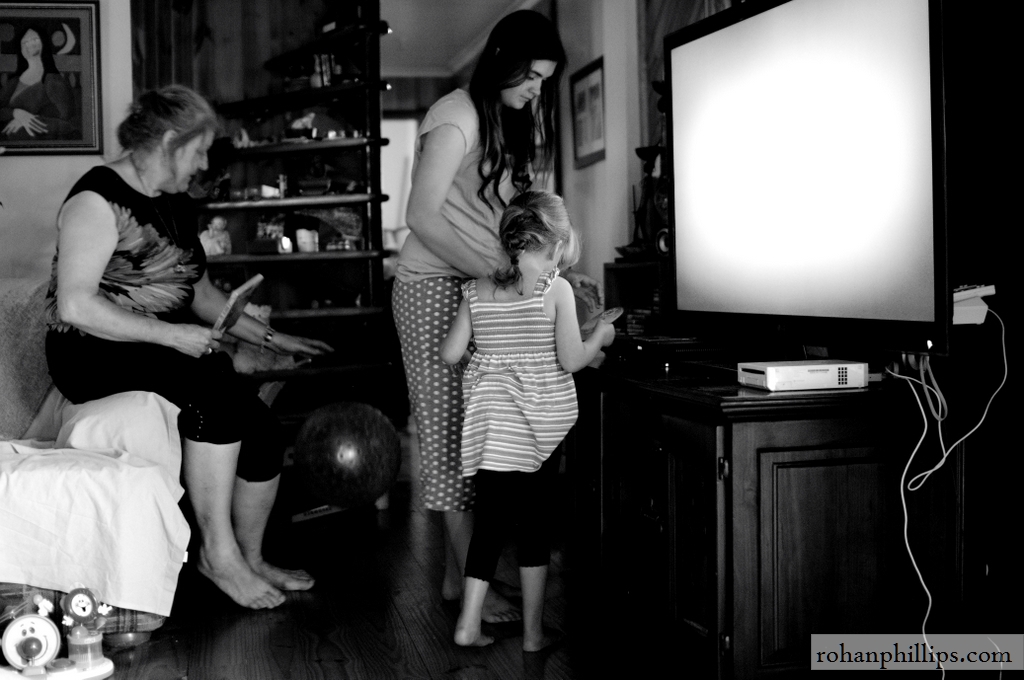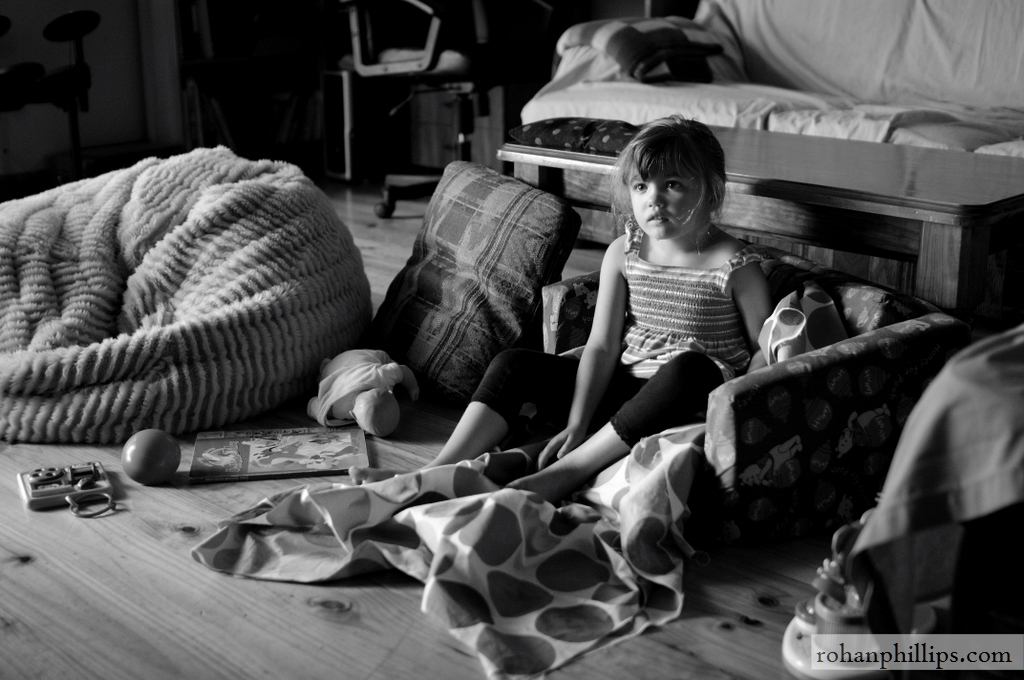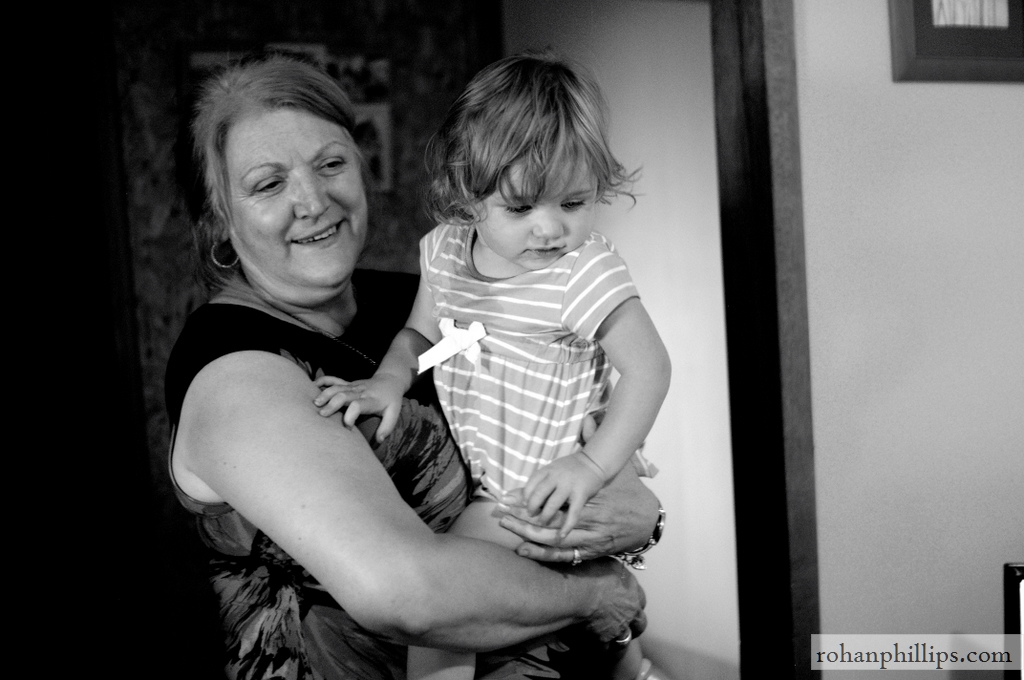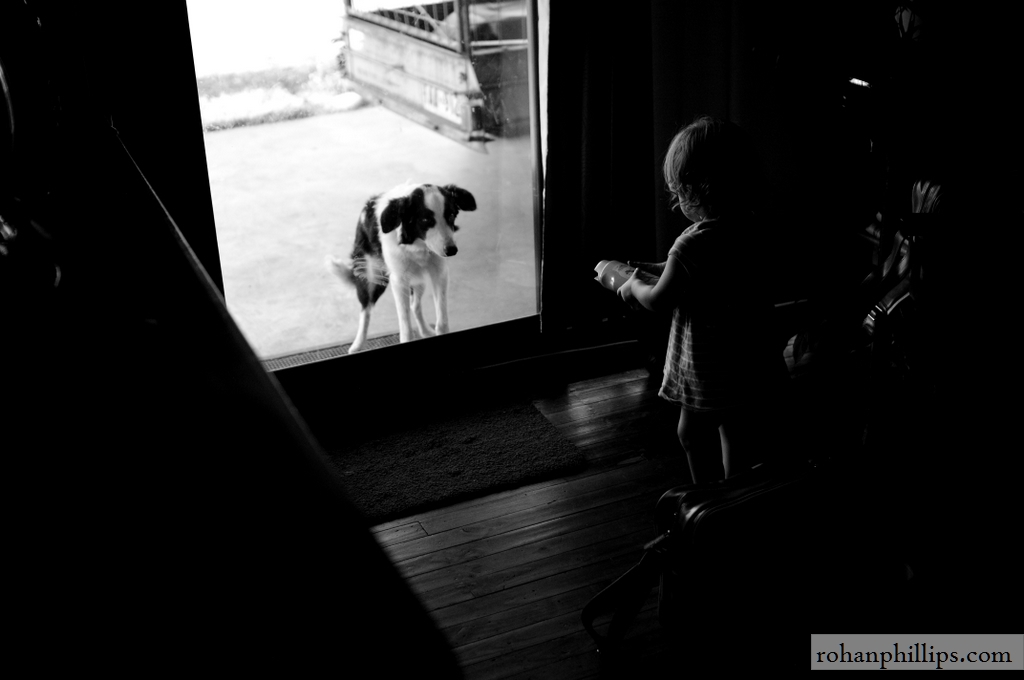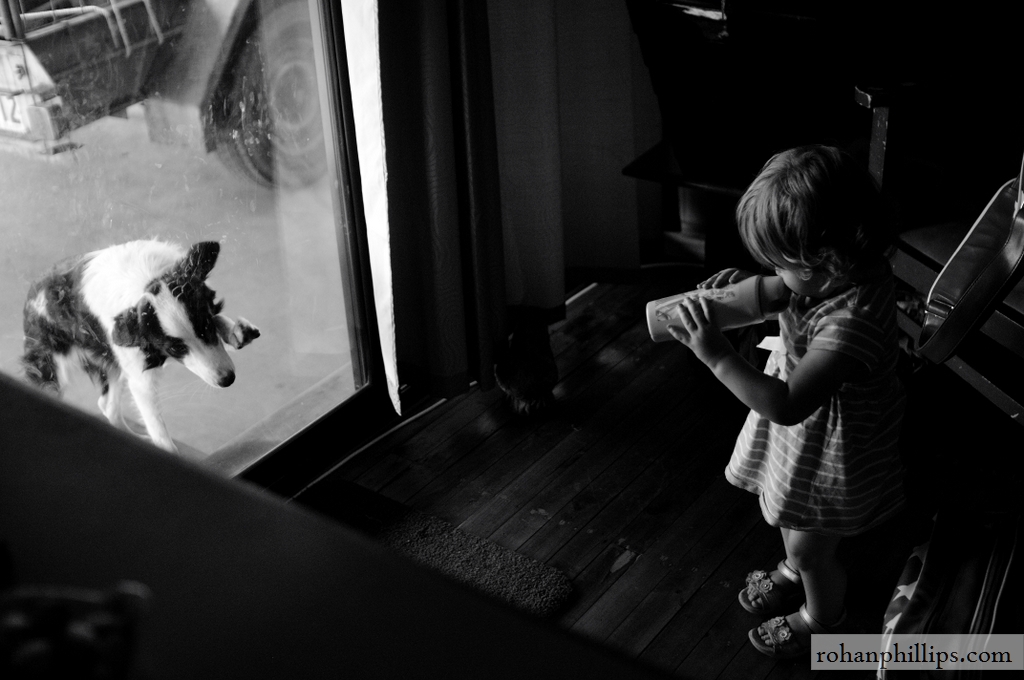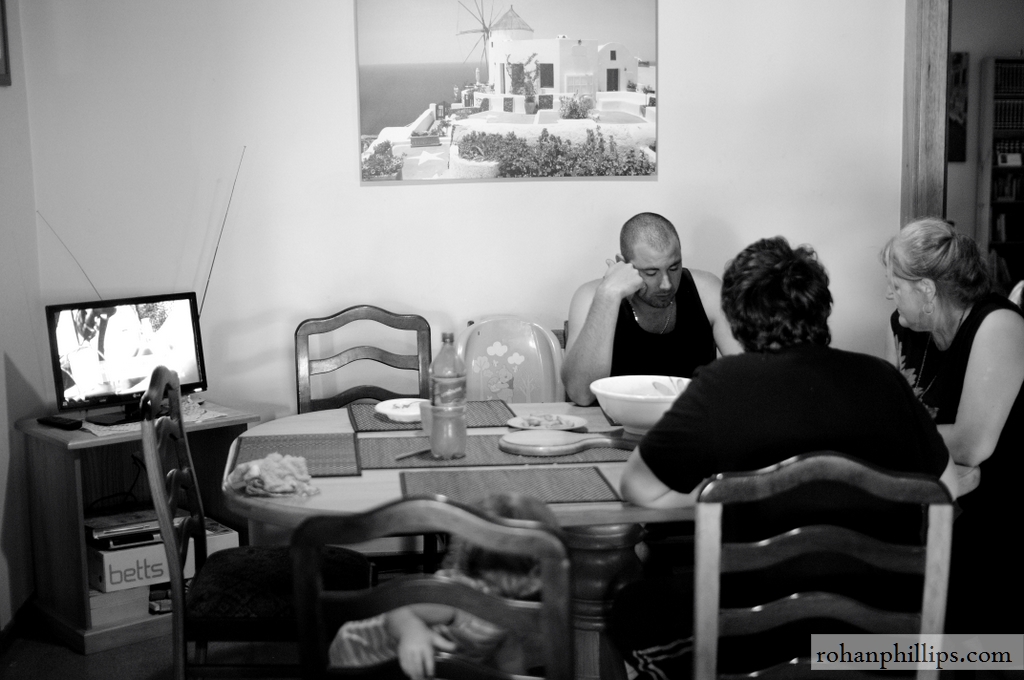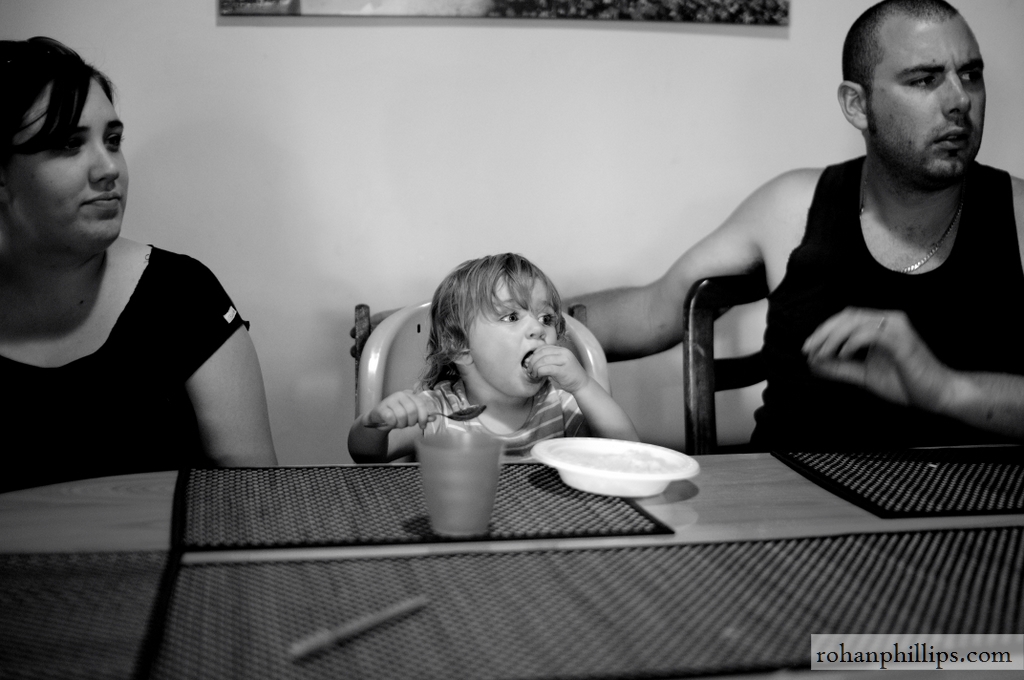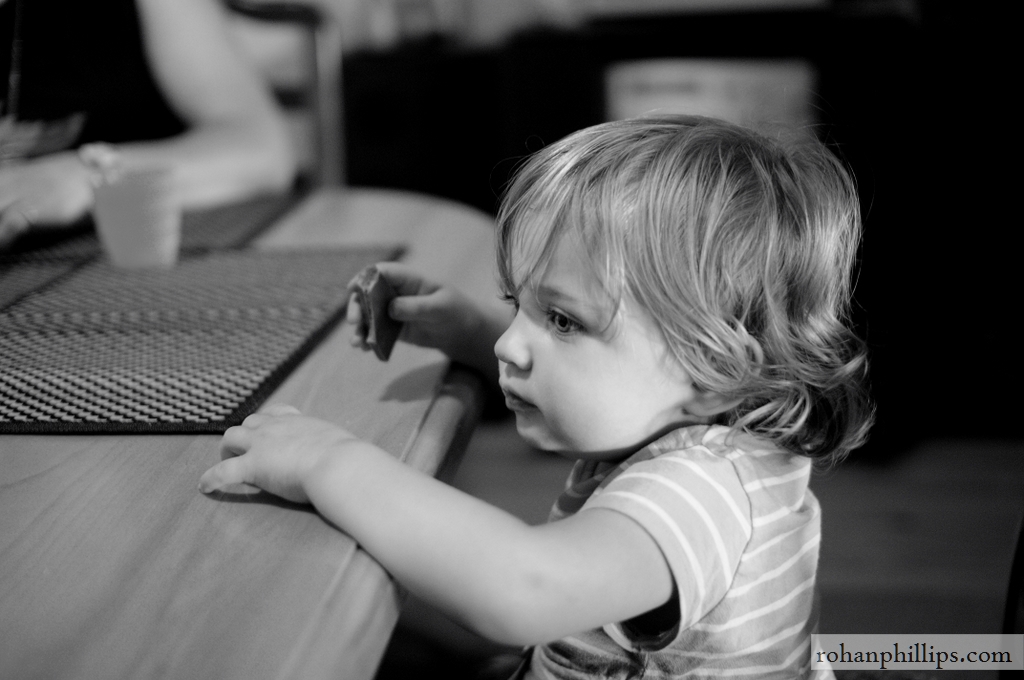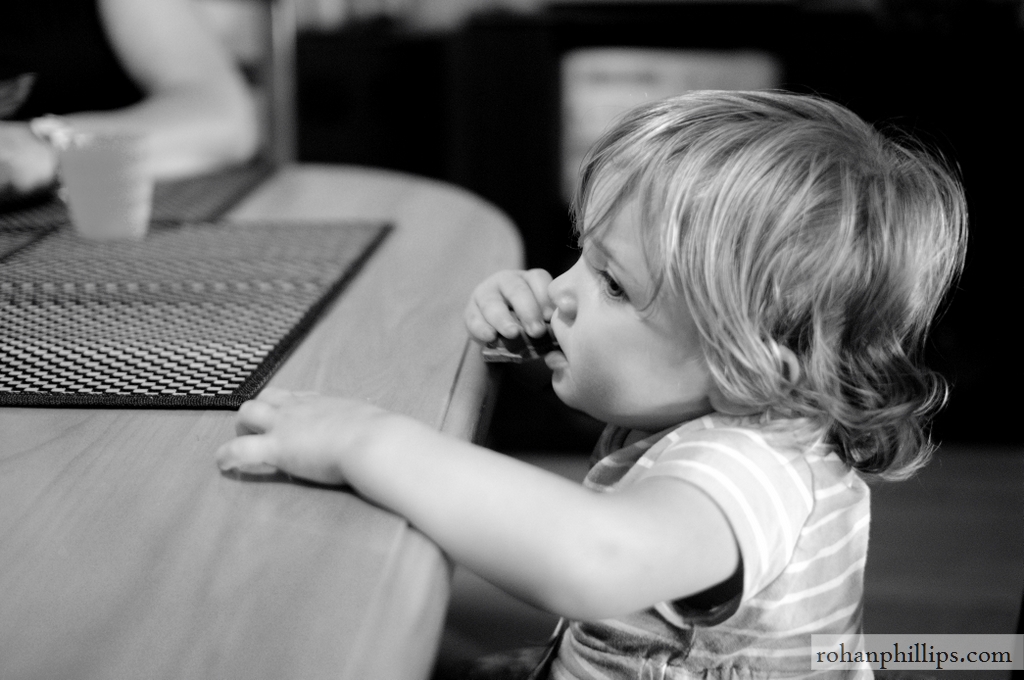Just clicked through to this powerful photo essay by Todd Heisler on the New York Times Lens blog.
The story, which documents the lives of elderly prisoners suffering from various stages of dementia and their caretakers, shows a side of prison I'd never really thought about, in a very visually striking way.
Obviously most of the inmates have done some awful things, including murder, but thinking of these same people being a personal carer, feeding, showering and changing adult nappies for another mentally ill inmate is somewhat jarring.
http://lens.blogs.nytimes.com/2012/02/25/behind-bars-and-beginning-to-forget/
One of my grandparents has quite advanced dementia and has needed full-time care for a few years now. It's hard to know what level her understanding of the world is. On the odd occasion she has made what seems like a completely lucid comment out of the blue, but for the rest of the time she may barely even register that anyone else is in the room, let alone recognising who they are.
Visiting a nursing home full of people who have lost most or all of their mental capacity is quite confronting; I think partially because of the fear of ending up with a life where you have no control or understanding of anything that happens. Todd's 'Vanishing Mind' portfolio covers similar ground to this: http://toddheisler.com/#/Vanishing%20Mind/0/
It's hard to not feel pity for some of the poor souls in nursing homes, who may well spend their last years and days staring vacantly at a wall, with no control over their physical bodily functions, and no idea of who they are, where they are or why. But combining that pity with the revulsion for someone who has murdered another human being, or something similarly terrible, makes for a strangely conflicted feeling while viewing this series of images.
Be sure to check out more of Todd Heisler's work on his website here: www.toddheisler.com
He has an enormously diverse body of amazing work. His portfolios range from arresting depictions of the war in Iraq, to behind the scenes coverage of the popular American TV series Glee.
His 'Final Salute' series, showing a dead American soldier's return home and subsequent funeral, is particularly moving: http://toddheisler.com/#/FINAL%20SALUTE/0/
Todd has received well-deserved awards and accolades from numerous photography organisations and competitions, as described in the 'about' section on his site:
The story, which documents the lives of elderly prisoners suffering from various stages of dementia and their caretakers, shows a side of prison I'd never really thought about, in a very visually striking way.
Obviously most of the inmates have done some awful things, including murder, but thinking of these same people being a personal carer, feeding, showering and changing adult nappies for another mentally ill inmate is somewhat jarring.
http://lens.blogs.nytimes.com/2012/02/25/behind-bars-and-beginning-to-forget/
One of my grandparents has quite advanced dementia and has needed full-time care for a few years now. It's hard to know what level her understanding of the world is. On the odd occasion she has made what seems like a completely lucid comment out of the blue, but for the rest of the time she may barely even register that anyone else is in the room, let alone recognising who they are.
Visiting a nursing home full of people who have lost most or all of their mental capacity is quite confronting; I think partially because of the fear of ending up with a life where you have no control or understanding of anything that happens. Todd's 'Vanishing Mind' portfolio covers similar ground to this: http://toddheisler.com/#/Vanishing%20Mind/0/
It's hard to not feel pity for some of the poor souls in nursing homes, who may well spend their last years and days staring vacantly at a wall, with no control over their physical bodily functions, and no idea of who they are, where they are or why. But combining that pity with the revulsion for someone who has murdered another human being, or something similarly terrible, makes for a strangely conflicted feeling while viewing this series of images.
Be sure to check out more of Todd Heisler's work on his website here: www.toddheisler.com
He has an enormously diverse body of amazing work. His portfolios range from arresting depictions of the war in Iraq, to behind the scenes coverage of the popular American TV series Glee.
His 'Final Salute' series, showing a dead American soldier's return home and subsequent funeral, is particularly moving: http://toddheisler.com/#/FINAL%20SALUTE/0/
Todd has received well-deserved awards and accolades from numerous photography organisations and competitions, as described in the 'about' section on his site:
"Todd Heisler has been a staff photographer for The New York Times since 2006.
While a staff photographer for the Rocky Mountain News, Heisler was awarded the 2006 Pulitzer Prize for Feature Photography for his images depicting the families of Marines killed in Iraq. The images also received top honors from the World Press Photo Contest, Pictures of the Year International , NPPA’s best of Photojournalism, The American Society of News Editors and at Visa Pour l’image. He was also part of the team which received the 2003 Pulitzer Prize for coverage of wildfires in Colorado."
